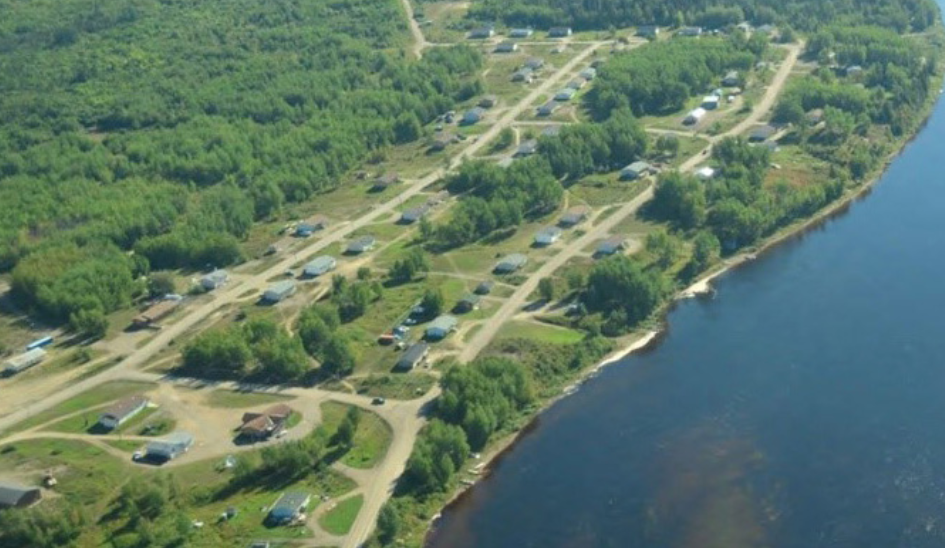MARTEN FALLS FIRST NATION, Ont. — Marten Falls First Nation, 440 kilometres north of Thunder Bay, has declared a state of emergency and says an evacuation may be necessary.
It's blaming the federal government for a shutdown of the community's new water treatment plant which it says has left residents without water for two days.
Services are also without water including the nursing station, police, school and community buildings.
In a statement issued Wednesday afternoon, Marten Falls – a community of about 400 – said sewage is starting to back up as well.
"This is a crisis that could have been avoided with a firm commitment from the government in continuing operations and maintenance that is paid in a timely manner," the statement said.
It cited delayed and insufficient operation and maintenance funding which are compounding regular challenges.
Marten Falls' leadership said "sustainable ways of community management" are needed to stop these types of emergencies from happening.
"We are calling for enhancements to community capacity, including increases in operation and maintenance funding and band support funding," the statement added.
"It is not possible to live in the community in this situation...members cannot even undertake basic health measures like handwashing."
Marten Falls Chief Bruce Achneepineskum said he worries about the potential for a COVID-19 outbreak at any time.
Achneepineskum, who said the emergency is happening at the same time as the First Nation is dealing with inadequate housing and a lack of fire suppression equipment, called on the government to help evacuate the community and to restore water service immediately.
The chief is also asking for 15 to 20 new houses and firefighting equipment.
Indigenous Services Canada has not commented as yet on the situation in Marten Falls.
On its website, ISC says a boil-water advisory affecting 91 homes and six community buildings was declared in 2005.
A new water treatment system was commissioned in 2019, and water sampling showed treated water was within provincial government guidelines.
According to ISC, it expected the drinking water advisory would be lifted earlier this year, but "additional concerns about meeting the community's current and future safe drinking water needs and lifting the long-term drinking water advisory have been raised by the chief."
Achneepineskum said Wednesday that the boil-water advisory has actually been in place for over 20 years.
In June, the First Nation joined other First Nations in a class-action lawsuit seeking compensation from the federal government for the various impacts of longstanding boil-water advisories.
